Albert Einstein: The most famous Physcist of all time
Albert Einstein undoubtedly holds the title of the most famous physicist to have ever lived. His theories have given rise to countless discoveries, without which modern day life would be unimaginable including; lasers, TV satellites and mobile phones. Each of his contributions to physics were legendary and revolutionary and his presence at the Solvay conference was essential to the advance in the theory of quantum theory as he would later go on to develop the photoelectric effect to prove quantum mechanics, for which he would also be awarded a Nobel Prize. His quirky personality has made him an iconic figure, not only to the Physics community, but to all and his legacy will most likely live on long after yours and mine!
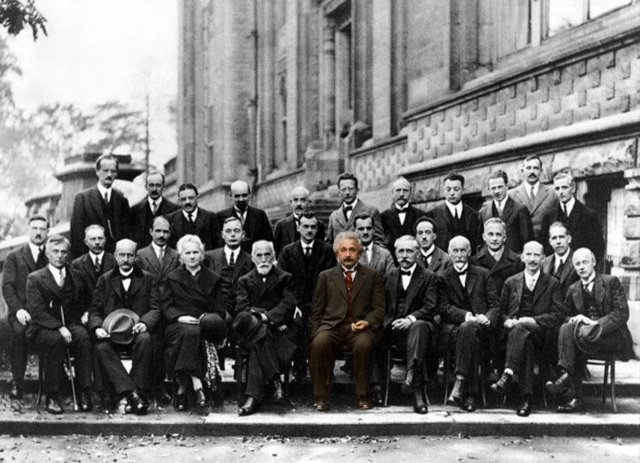
Einstein’s Personal Life
- Born 14th March 1879
- Married twice with three children
- Died 18th April 1955 at the age of 76
Cheeky Childhood
Despite his incomparable success in later life, Einstein was a slow starter. Remarkably, many of his teachers suspected he had some form of learning difficulties as he was unable to speak coherently until the age of nine. His unruly, rebellious nature made him a terror at school leading to expulsion and teachers reports claiming that he would never amount to much (oh, the irony). Despite his slow speech development, he did in fact excel in science and maths, outperforming all of his classmates, to much resentment of his teachers. Einstein claimed to have ‘mastered’ calculus by the age of 14, having first opened a text book at age 12 [1]. It is his Einstein’s fearless self confidence and assurance of his own intelligence despite the demotivation from his teachers which makes him so endearing of a character. Perhaps these early years taught him to question authority which would help him conclude his ground-breaking theories [2].
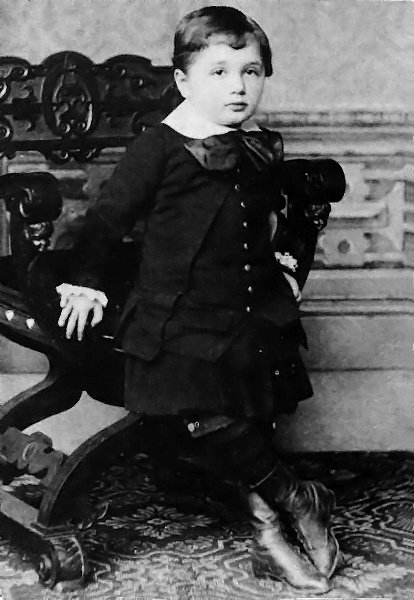
Proving everyone wrong
At the meagre age of 16, Einstein applied for the Swiss Federal Polytechnic but failed the entrance exams due to his negligence in learning all subjects other than Maths and Physics. However, due his phenomenal marks in Maths and Physics, he was accepted at the Argovian cantonal school where he was awarded his teaching diploma in 1900 at the age of 21. However, Einstein struggled to find teaching work and was forced to work as a technical assistant in a Patent Office after searching for work for two discouraging years. He did not let his spare time go to waste at the patent office, and he would spend his evenings delving into research, by 1905 he gained his PhD and in 1909 he had his first Professor position. He would go on to be a professor in Prague, Zurich, Berlin and eventually Princeton despite his leisurely start in academia [3].
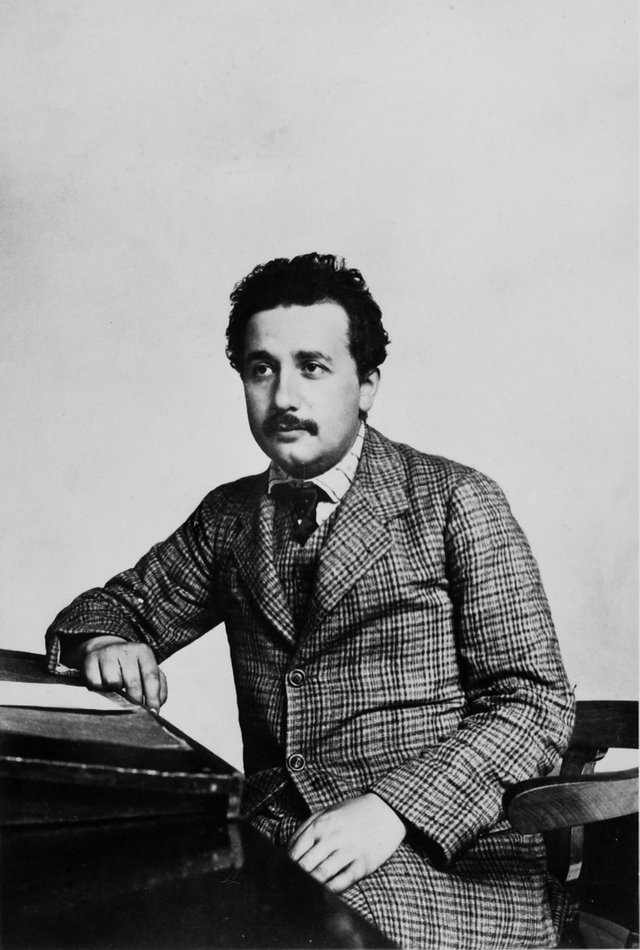
Einstein’s Discoveries
This section of this article could easily surpass a magnitude similar to the speed of light in a vacuum… However I will keep this section short but informative in order to try and give you a notion as to the sheer volume of the research that Einstein carried out.
The world’s most famous equation
Ask the next person you see walking down the street to name one Physics equation, guarantee they’ll supply you with this little gem from Einstein himself. The mass-energy relationship (E=mc^2, in case you hadn’t already worked that out) proposed that the mass of particles could be transformed into massive quantities of energy as ‘c’ is speed of light in a vacuum (a massive number, 3x10^8 to be precise). Despite initial contentions with this controversial theory amongst leading Physicists, Max Planck’s support helped lead others to the acceptance of this theory. This theory was a monumental breakthrough in atomic physics as it means that huge amounts of energy can be created from very little matter. This is particularly relevant in modern life as the energy crisis means that fusion, and perhaps fission in the future, may become the leading source of energy for the planet [4]. Unfortunately, the most famous application of this theory is in developing the bomb set on Hiroshima in World War Two, Einstein was reportedly horrified and could on comment “Horrible, Horrible” when asked about it.
Nobel Prize
In 1921, Einstein was awarded a Nobel Prize for his work on ‘The Photoelectric effect’, a theory that would accidentally prove quantum theory despite Einstein’s contentions with quantum theory and quarrels with Bohr at the Solvay conference. The photoelectric effect shows that when light is incident on the surface of a metal, the light is absorbed by electrons in the metal giving them sufficient energy to be emitted [5]. However, according to Maxwell’s equations, light is modelled as a wave meaning that the higher the incident intensity of light, the more energy the emitted electrons should have, but this was not observed as all emitted electrons had the same energy. Einstein solved this phenomena with his theory of light quanta. He proposed that light consists of individual particles known as photons which interact with the electrons like discrete particles, giving each emitted photon an energy of E=hf.
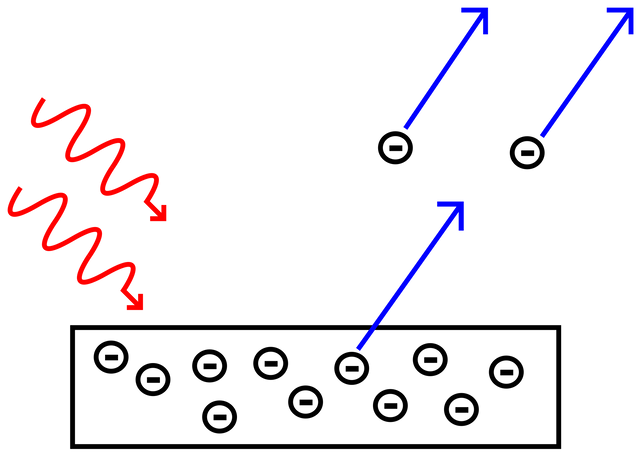
General Theory of Relativity
Einstein’s theory of relativity was so radical because it created a disturbance in what had been accepted for the past 200 years, he debunked Newton’s theories of Euclidean space and developed his own unified ‘space-time’. Einstein proposed that for a stationary, non-accelerating object, the speed of light is the same no matter what speed the object is travelling. Time passes differently for every observer, an event that occurs at one time for one observer could be at a different time for another observer. This lead him to the conclusion that space and time are interwoven into a single continuum known as space-time [6]. When asked to explain this complex theory, Einstein famously said ““When you sit with a nice girl for two hours you think it’s only a minute, but when you sit on a hot stove for a minute you think it’s two hours. That’s relativity.” [7] This theory will one day, open the gates to time travel and when combined with quantum theory, it is believed that we will have a close to complete understanding of the Universe.

Bose-Einstein Condensate
Along with Bose, Einstein developed a theory to describe a new state of matter to explain how particle acts at around 0K. As temperature of a solid decreases, instead of point particles, atoms at very low temperatures start to demonstrate wave like properties, resulting in many wave packets moving in and around each other. As temperatures become even lower, these wave packets become longer, eventually overlapping until they all lose their individual status as a particle and become one big quantum system.
Gravitational waves
In 2016, Einstein’s theory of ripples in the curvature of spaces time that move as waves was confirmed by LIGO. To learn more about this please watch this informative video which describes what they are and their implications on physical theory.
Fascinating Facts
For a man as intelligent as Einstein, it is unsurprising that his life was as diverse as his research. Here is just a scattering of some of the stories from his life which have made him so infamous, as everybody loves a wild card.
Einstein’s son, Eduard, spent most of his life in institutions and told his farther that he hated him after being diagnosed with schizophrenia. Eduard’s schizophrenia can be poetically compared with quantum theory; being in more than one state at the same time.
Einstein was offered presidency of Israel but turned it down saying he was “deeply ashamed” that he had to do so
Despite Einstein’s wish to be cremated after death, the pathologist that carried out his autopsy thought it a shame to destroy such a celebrated brain. Einstein’s brain was cut into 1000 slides and studied, with remarkable conclusions. Despite having an IQ of double the average person, his brain was 3 pounds smaller than the average male whilst his ‘Inferior parietal region’ was 15% larger than average (the part of the brain associated with mathematics). Furthermore, it was discovered that his brain showed no signs of aging as it was lacking in a substance known as lipofuscin which accumulates with age, as a result the secrets of Einstein’s brain could help us unlock the mysteries of dementia [8].
Einstein was an accomplished musician, saying that if he was not a Physicist he would have been a musician and that he thought and daydreamed in music [9].
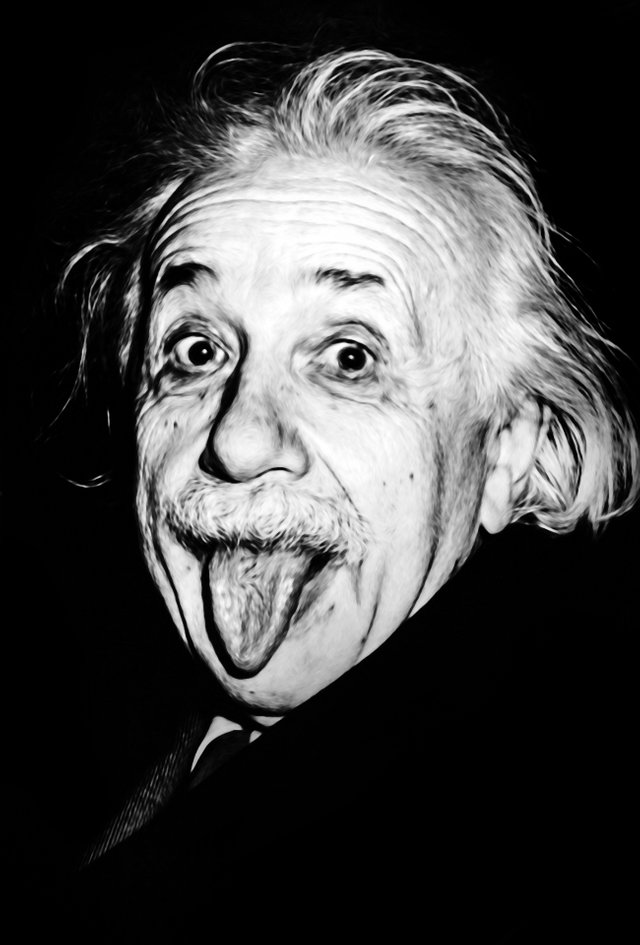
Conclusion
In my opinion, there are very few that can match Einstein’s genius. His remarkable brain was a credit to humanity, his research was his life and his quest for knowledge knew no bounds. Once reading this article, I urge you to research more about his work as the man contributed countless additions to scientific theory. His confidence gave him the ability to ignore all previous theories and revolutionise how we view not only the world, but the universe.
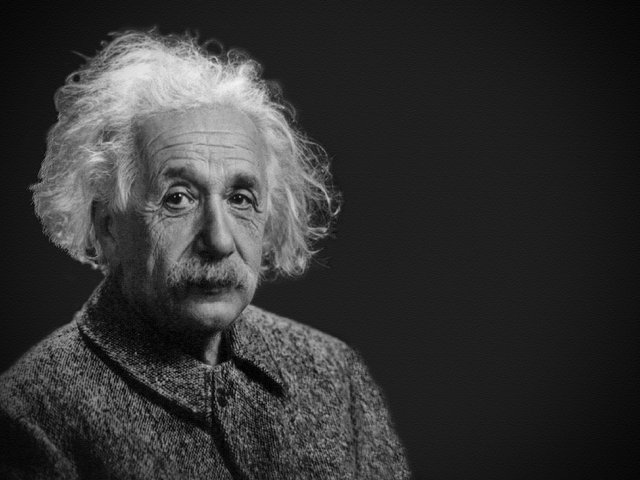
Please note that images used in this article have been labelled as re-usable on Google images. If any artists or designers have any issues with the content used, don't hesitate to contact me to correct the issue.
References
[1] Isaacson, W. 2008. Einstein: His life and Universe
[2] http://content.time.com/time/specials/packages/article/0,28804,1936731_1936743_1936766,00.html
[3] https://www.nobelprize.org/nobel_prizes/physics/laureates/1921/einstein-bio.html
[4] https://www.biography.com/people/albert-einstein-9285408
[5] http://www.physlink.com/education/askexperts/ae24.cfm
[6] https://www.space.com/17661-theory-general-relativity.html
[7] https://quoteinvestigator.com/2014/11/24/hot-stove/
[8] https://curiosity.com/topics/heres-how-einsteins-brain-differed-from-an-average-persons-curiosity/
[9] https://en.wikipedia.org/wiki/Albert_Einstein#Personal_life
Woah great article!! Packed with some great stuff I didn't even know! Hope @steemstem picks up on this post :)
Thankyou so much! Glad you enjoyed :)